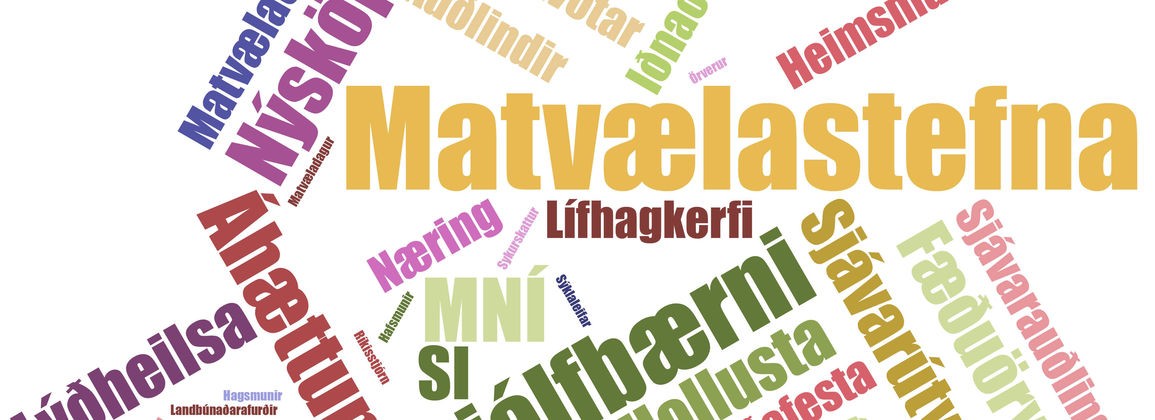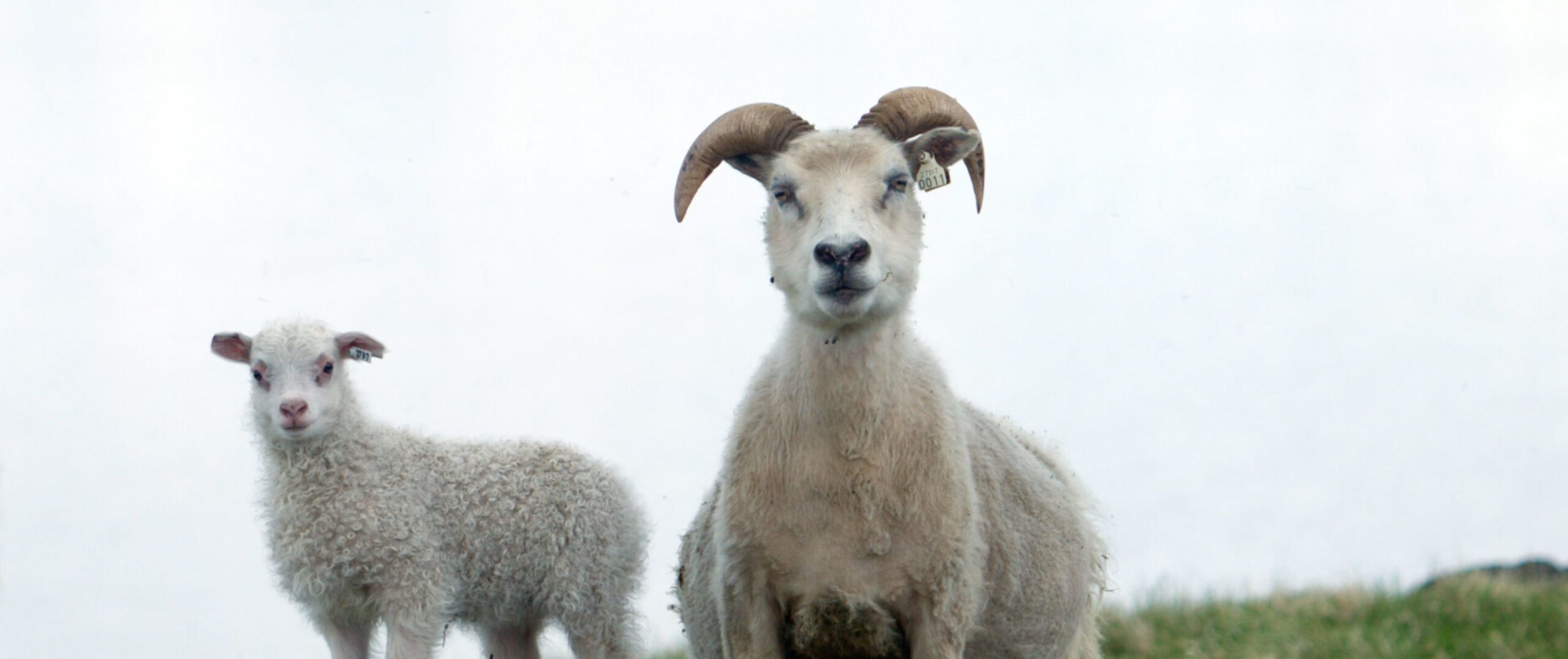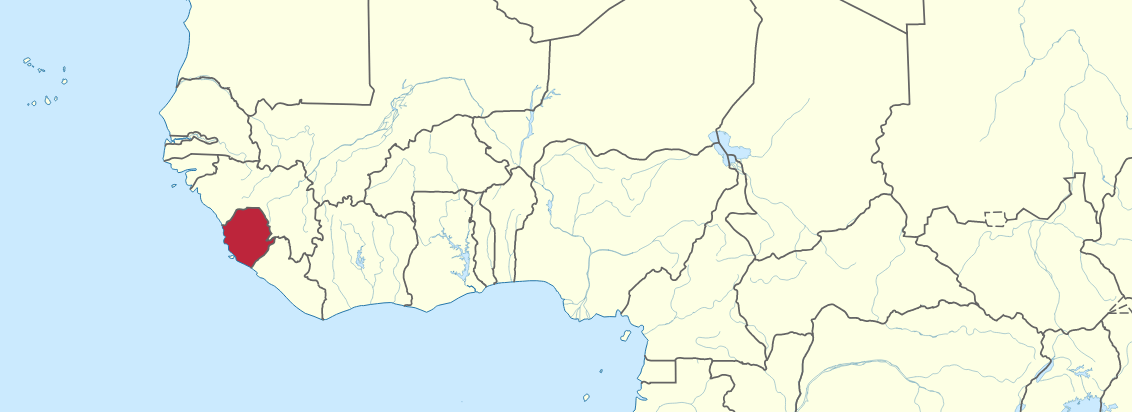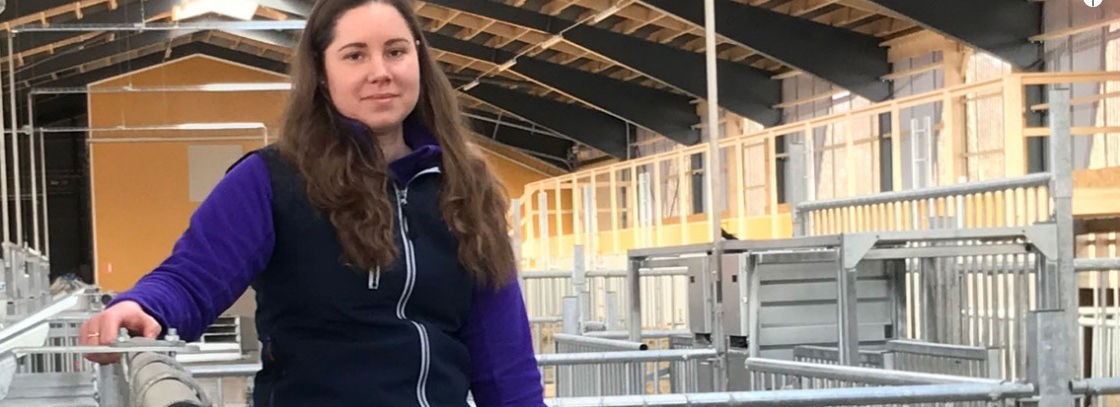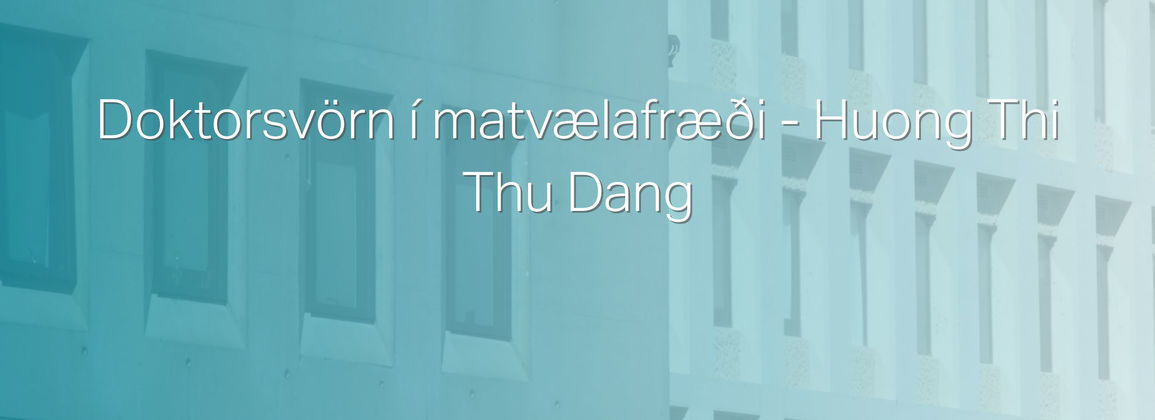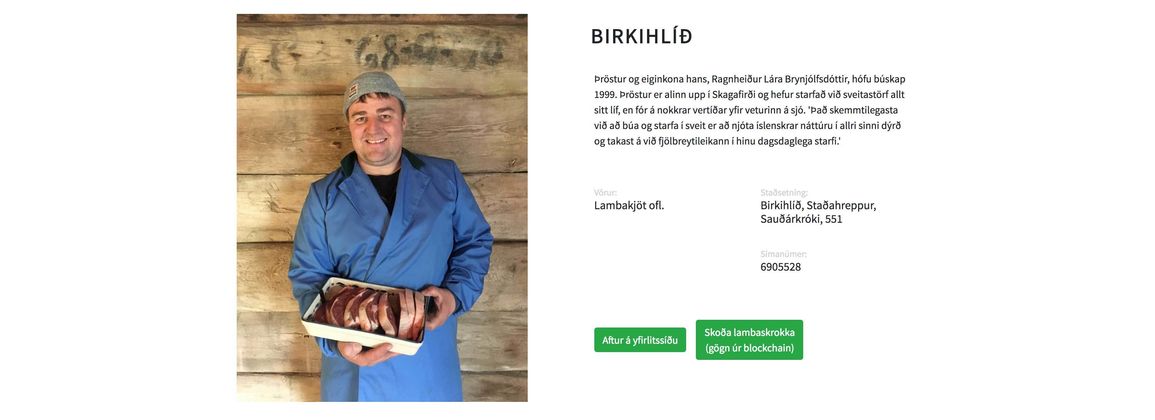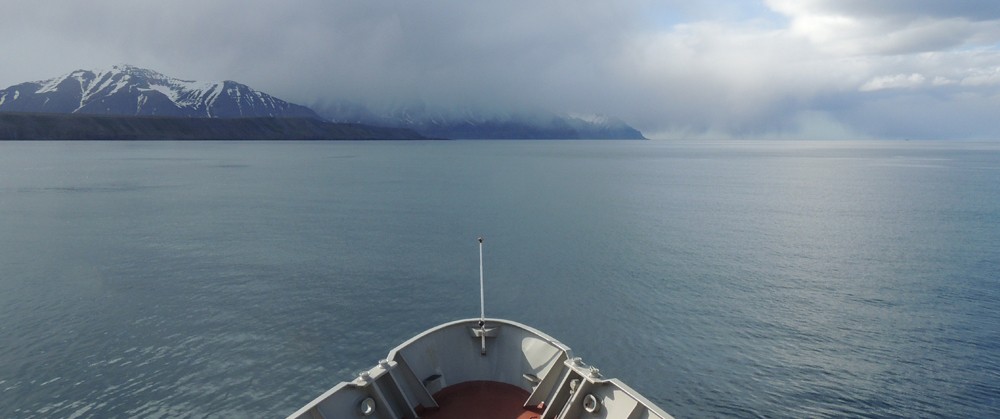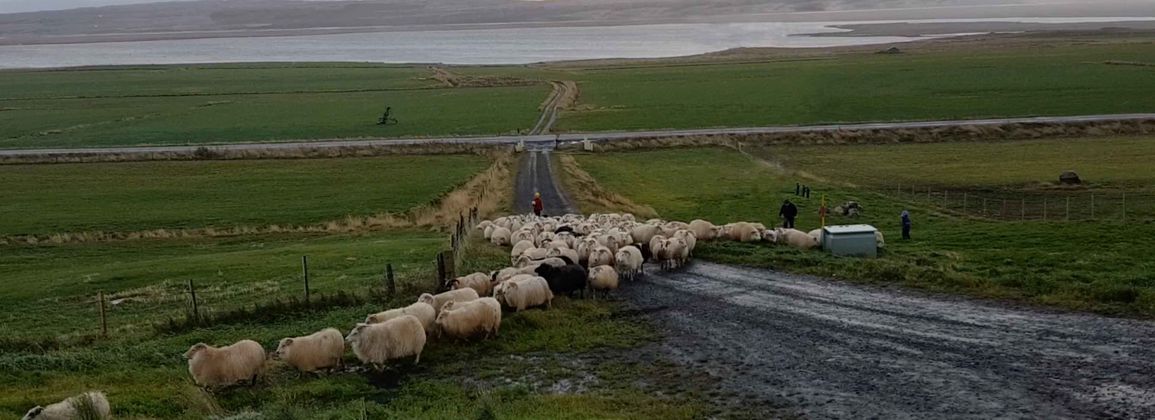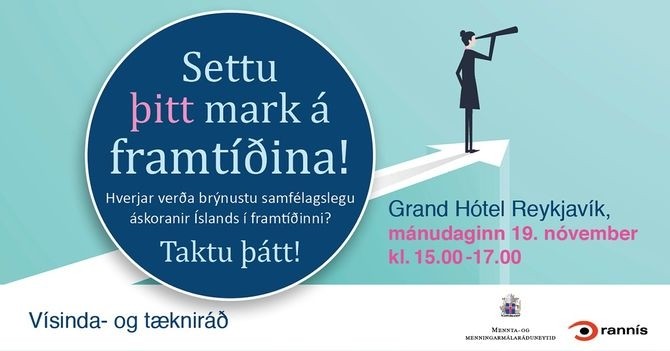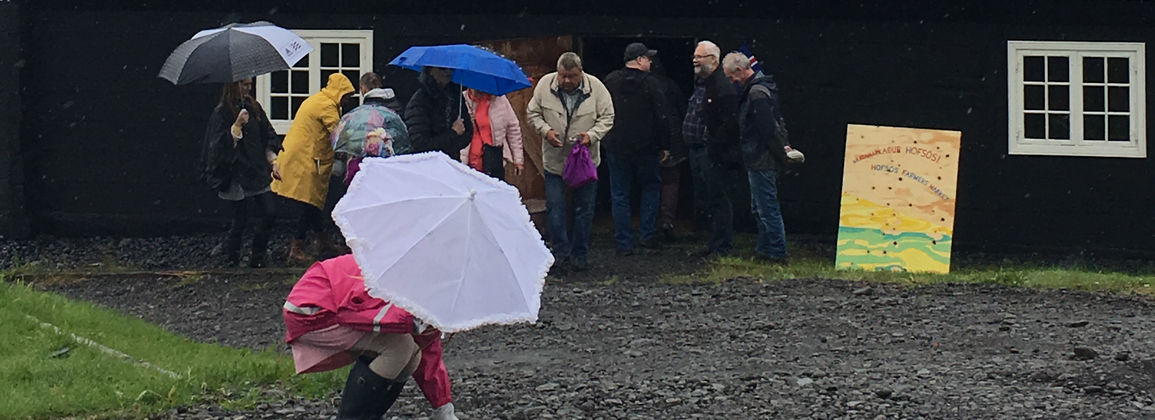MNÍ Food Day | Food policy - what is it, for whom and why?
Grand hótel, fimmtudaginn 25. október kl. 12-16:30. | Í stjórnarsáttmála núverandi ríkisstjórnar er lögð áhersla á að Ísland sé leiðandi í […]
MNÍ Food Day | Food policy - what is it, for whom and why? Nánar »
